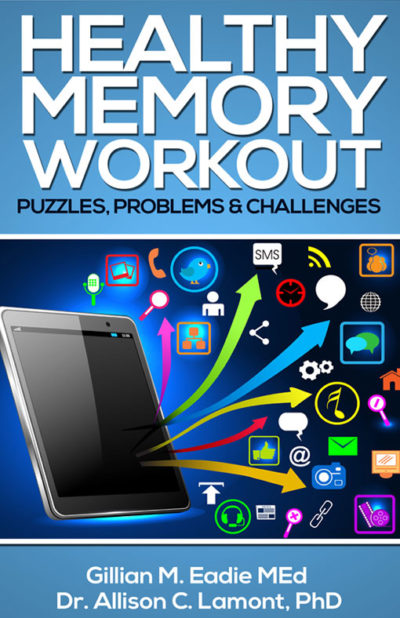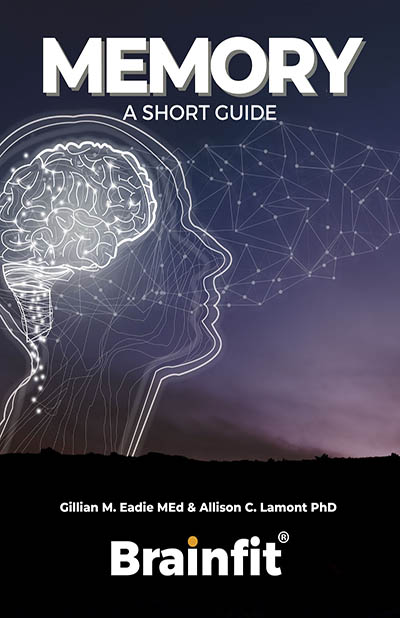Does noise drive you crazy?
The alarm clock jangle your nerves?
You’re not alone if it does!
Your brain reacts immediately to harsh, unpleasant sounds with an ‘acoustic startle response’. Your amygdala is alerted with adrenalin and the hippocampus stimulated to access stored memories of previous dangers and responses. No wonder the World Health Organization notes that aggressiveness is a health risk of noise.
Jangling alarm clocks, motor-mower sounds, loud music, incessant loud TV noise all cause the brain to be on ‘danger alert’ and this abuse can, in the long run, induce cardiovascular and digestive distress.
It’s no wonder other cognitive functions like remembering well are sacrificed, too.
When your brain is in ‘fight-flight’ mode, other neural connections cannot operate normally.
There is evidence that stroke victims have reported increased visual awareness when listening to preferred music and surgery patients have reported less pain while listening to nature sounds.
Environmental psychologist Arline Bronzaft researched student performance in a school located next to a train track in New York. On the quieter side of the school, students performed at a reading level higher than the students on the train side. When measures were taken to insulate the noise-affected students, their performance evened out.
It makes sense to control the sound levels in the environment where you live and work.
Begin your day with a calmer mind and body by using more soothing sounds to wake you up in the morning.
And whenever possible, take steps to over-ride distressing, jarring sounds by listening to something pleasant.





I have started to work in a dementia secure unit a month ago and am very stressed as I have to work on a computer program that I do not know and it is very noisy due to screaming residents and loud music and continously being interrupted by residents asking non applicable questions. I am forgetful more than usual and feel I can not cope! I am worried that I am becoming demented too!
Hello Hester. All of these conditions will be making it challenging for your brain to work well just now. Eventually, once you become adjusted to your new working environment and have worked out which sounds are important, your clever brain will adjust too and filter the non-essential sounds for you – rather like noticing traffic noise a lot when you first move into a new house but after a few months scarcely noticing it. Are headphones a possibility? Even for the times when you need to work on the ins and outs of the new computer program? You describe the situation very well but no, you are not demented!! Just in the adjusting phase. Do keep in touch.